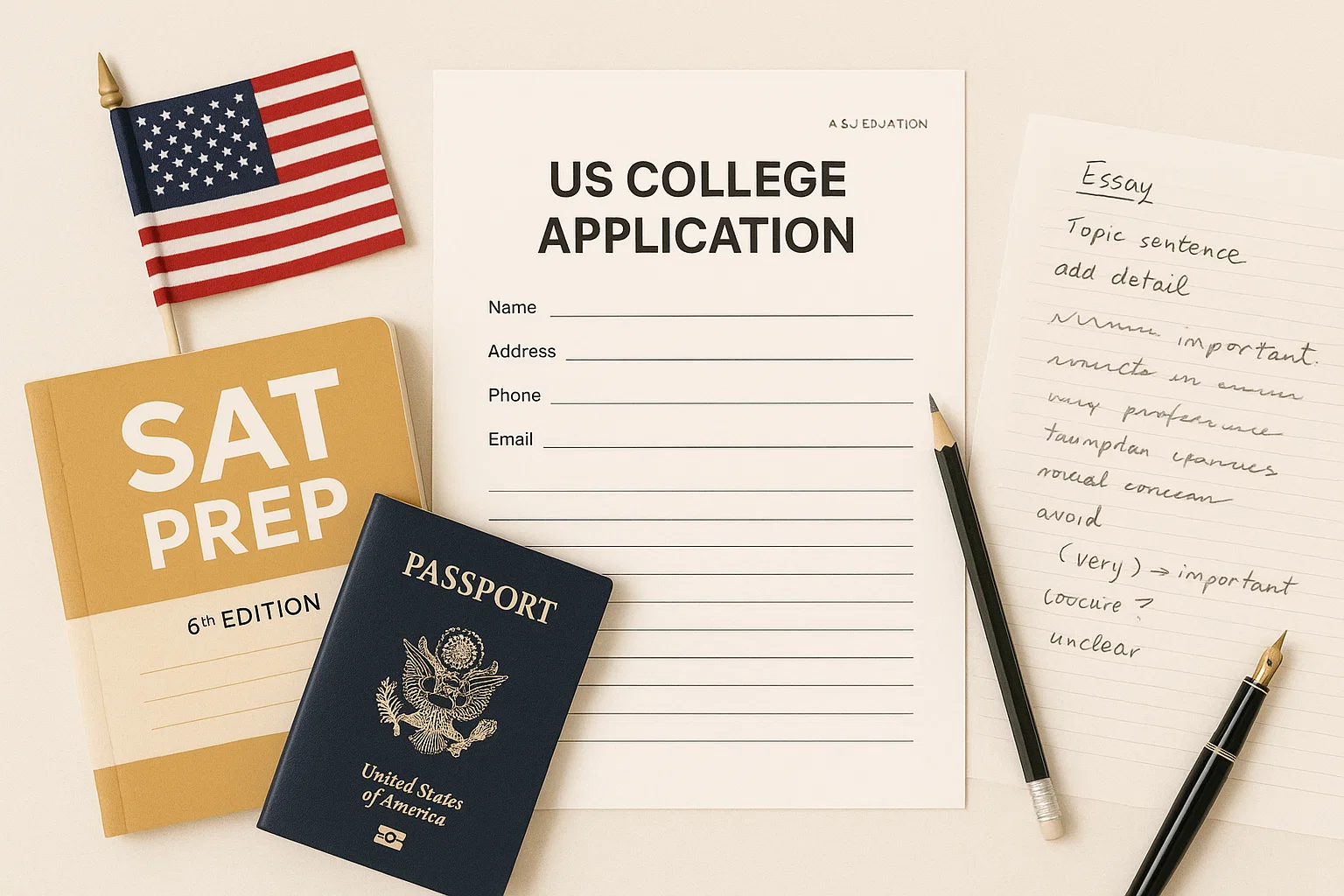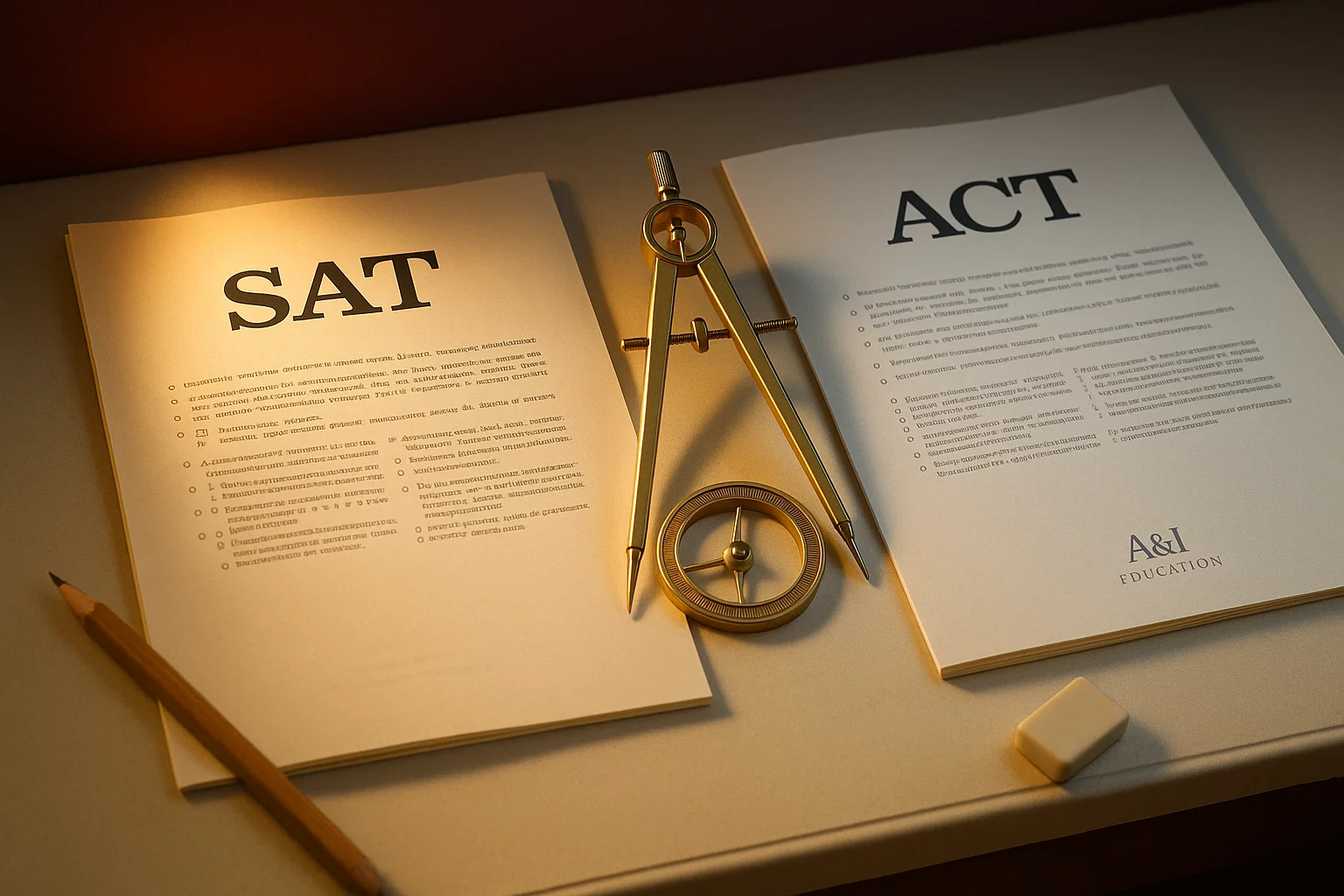.png)
Harvard Acceptance Rate
Harvard University stands as one of the world’s most prestigious academic institutions, renowned for its rigorous scholarship, influential alumni, and global impact. Its reputation for excellence makes admission highly competitive, and understanding the Harvard acceptance rate provides valuable insight into the university’s selective admissions process.
Overview of Harvard Acceptance Rate

Definition and Significance
The acceptance rate at Harvard University refers to the percentage of applicants who are offered admission each year. This figure is a key indicator of the university’s selectivity and the intense competition among prospective students.
Current Acceptance Rate and Recent Trends
For the Class of 2028, Harvard’s acceptance rate is 3.59%, the highest in four years, but still among the lowest globally. This slight increase follows a record low of 3.19% for the Class of 2026, reflecting both sustained applicant interest and marginally eased selectivity. Over the past decade, the acceptance rate has steadily declined from 7.9% in 2008 to the current range of 3.1%–3.6%. Harvard’s yield rate—students who accept offers—remains exceptionally high at 84%, underscoring its continued desirability.
Harvard’s Selectivity Among Elite Institutions
Harvard’s acceptance rate is consistently among the lowest in the Ivy League and the world, matched only by institutions like Stanford, MIT, and Caltech, all of which report rates around 3–4%.
Factors Influencing Harvard's Acceptance Rate
Academic Excellence and GPA Requirements
- Successful applicants typically present a GPA between 3.9 and 4.1 (unweighted), often ranking at the very top of their class.
- Harvard expects students to pursue the most challenging coursework available, including AP, IB, or honours classes.
Standardized Testing
- For Fall 2025 admissions, SAT/ACT scores are mandatory again.
- Recommended SAT scores are 1500+ (out of 1600); for the ACT, the average composite score is around 35 (out of 36).
- Harvard employs "superscoring," considering the highest section scores across multiple test sittings.
Holistic Admissions Approach
- Harvard reviews applicants holistically, considering academics, extracurriculars, leadership, essays, and recommendations.
- The university values depth and impact in extracurricular activities, leadership roles, and demonstrated commitment to community service or unique talents.
- Personal essays and recommendation letters are essential for showcasing character, resilience, and intellectual curiosity.
Early Action Applications
- Harvard’s Restrictive Early Action (REA) program allows students to apply early without committing, yielding a higher acceptance rate (8.7% for the Class of 2028) compared to the regular decision rate (2.7%).
- Early Action applicants are often highly qualified and demonstrate strong interest in attending Harvard.
Historical Trends with Harvard Acceptance Rate
- The Harvard acceptance rate has declined sharply over the past decade, from 7.9% in 2008 to below 4% in recent cycles.
- The introduction and removal of standardised test requirements have influenced applicant pools and selectivity.
- Early Action consistently offers a higher acceptance percentage, but the overall trend remains one of increasing selectivity.

Harvard’s selectivity is emblematic of broader trends at elite institutions, where increased global demand and limited spots drive down acceptance rates. While some top UK universities have higher rates, the most competitive US schools remain the most selective worldwide.
Harvard Admissions Process
Academic and Testing Requirements
- GPA: 3.9–4.1 recommended
- SAT: 1500+; ACT: 33–36
- English proficiency tests (TOEFL, IELTS, Duolingo) are required for non-native speakers
Application Components
- Common or Coalition Application with Harvard supplements
- Personal essay and short responses
- Two teacher recommendations and one counsellor recommendation
- Official transcripts and, for international students, translated documents
- Extracurricular activities and leadership evidence
- Optional alumni interview
Key Deadlines
- Restrictive Early Action: November 1
- Regular Decision: January 1
- Financial Aid: February 14
Tips for a Strong Application
- Craft a compelling personal essay that highlights growth, curiosity, and impact.
- Secure strong letters of recommendation from teachers who know you well.
- Demonstrate leadership and deep involvement in extracurriculars, not just participation.
- Prepare for standardised tests with a disciplined, strategic approach.
- Show genuine interest in Harvard through campus visits, information sessions, or meaningful engagement with the university community.

How to Improve Your Chances of Admission
- Academic Excellence: Maintain top grades in the most rigorous courses available.
- Test Preparation: Invest in targeted SAT/ACT prep; mastery and strategy matter more than sheer volume of practice.
- Leadership and Extracurriculars: Focus on quality, impact, and sustained commitment rather than quantity.
- Personal Branding: Use essays and the activities section to present a cohesive and authentic narrative.
- Relationships: Build connections with teachers for strong recommendations and seek mentorship for guidance.
- Apply Early: Consider Restrictive Early Action for a statistical edge, if Harvard is your top choice.
Harvard’s acceptance rate remains among the lowest in the world, reflecting its status as a premier destination for ambitious, high-achieving students. Admission is based on more than just academic excellence; Harvard seeks students who demonstrate leadership, resilience, and a commitment to making a difference. In light of recent political developments, prospective applicants—especially international students—should stay informed and consider seeking personalised guidance from admissions counsellors or educational consultants. Building a well-rounded, authentic, and excellent application profile is the best way to stand out in Harvard’s highly competitive admissions process.
.png)
Recent News: President Trump's Decisions and Impact on Harvard
In 2025, President Trump’s administration announced a series of aggressive measures targeting Harvard University, including threats to redirect $3 billion in research funding to vocational schools and the suspension of Harvard’s ability to enrol international students—a group that makes up about 27% of the student body. The administration also urged scrutiny of federal contracts and demanded changes to Harvard’s admissions and hiring practices, including the termination of diversity initiatives and increased screening of foreign students.
These actions have created significant uncertainty for Harvard’s international applicants and may affect the university’s admissions landscape in the near future. Legal challenges are ongoing, and the long-term impact on Harvard’s acceptance rate and applicant demographics remains to be seen.





















.png)

